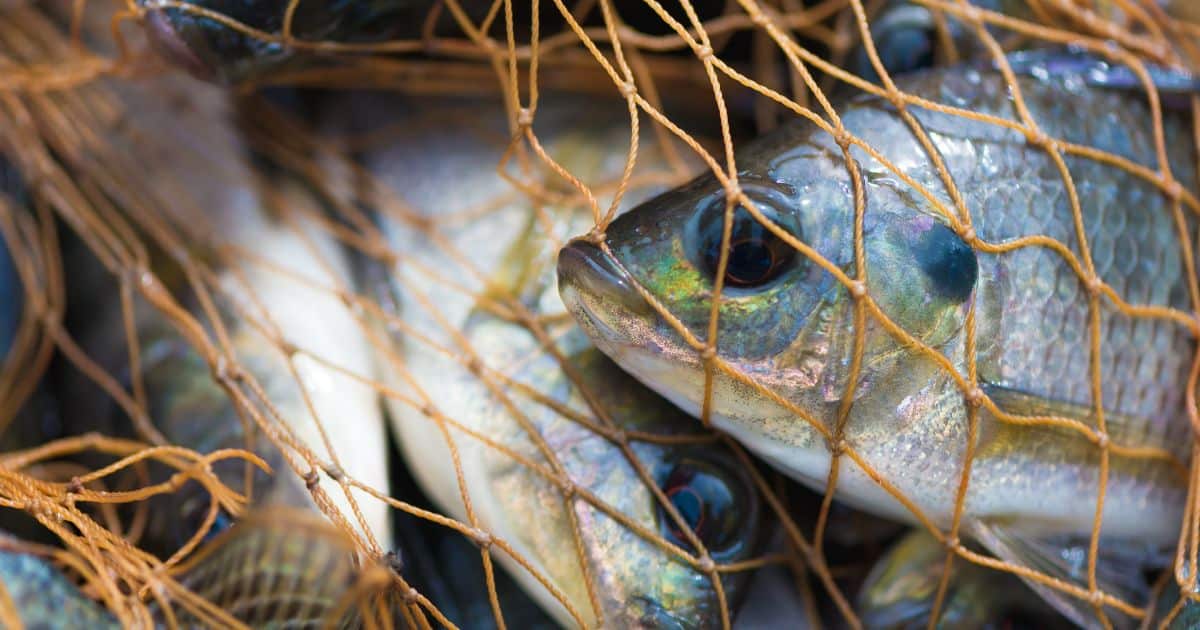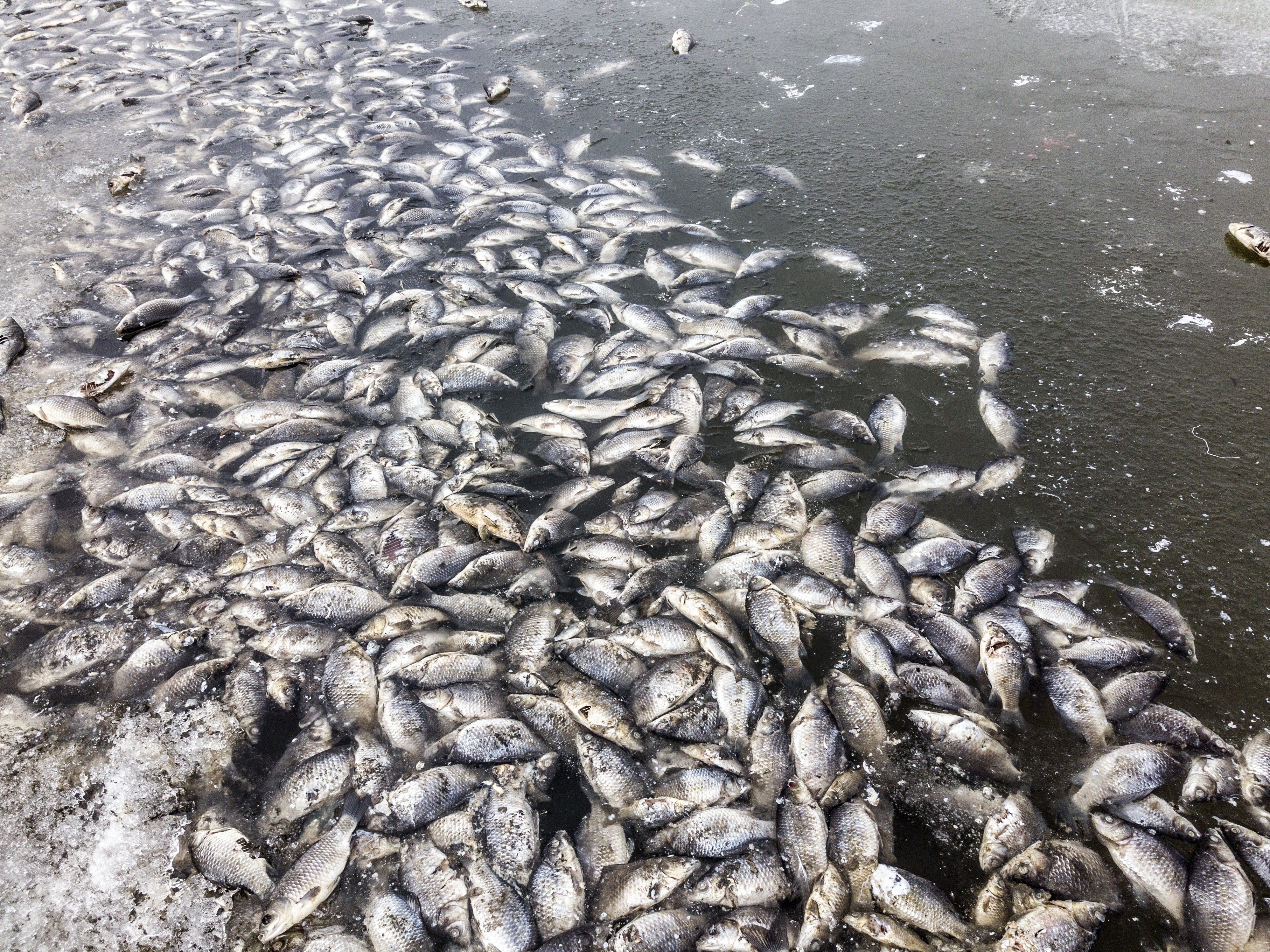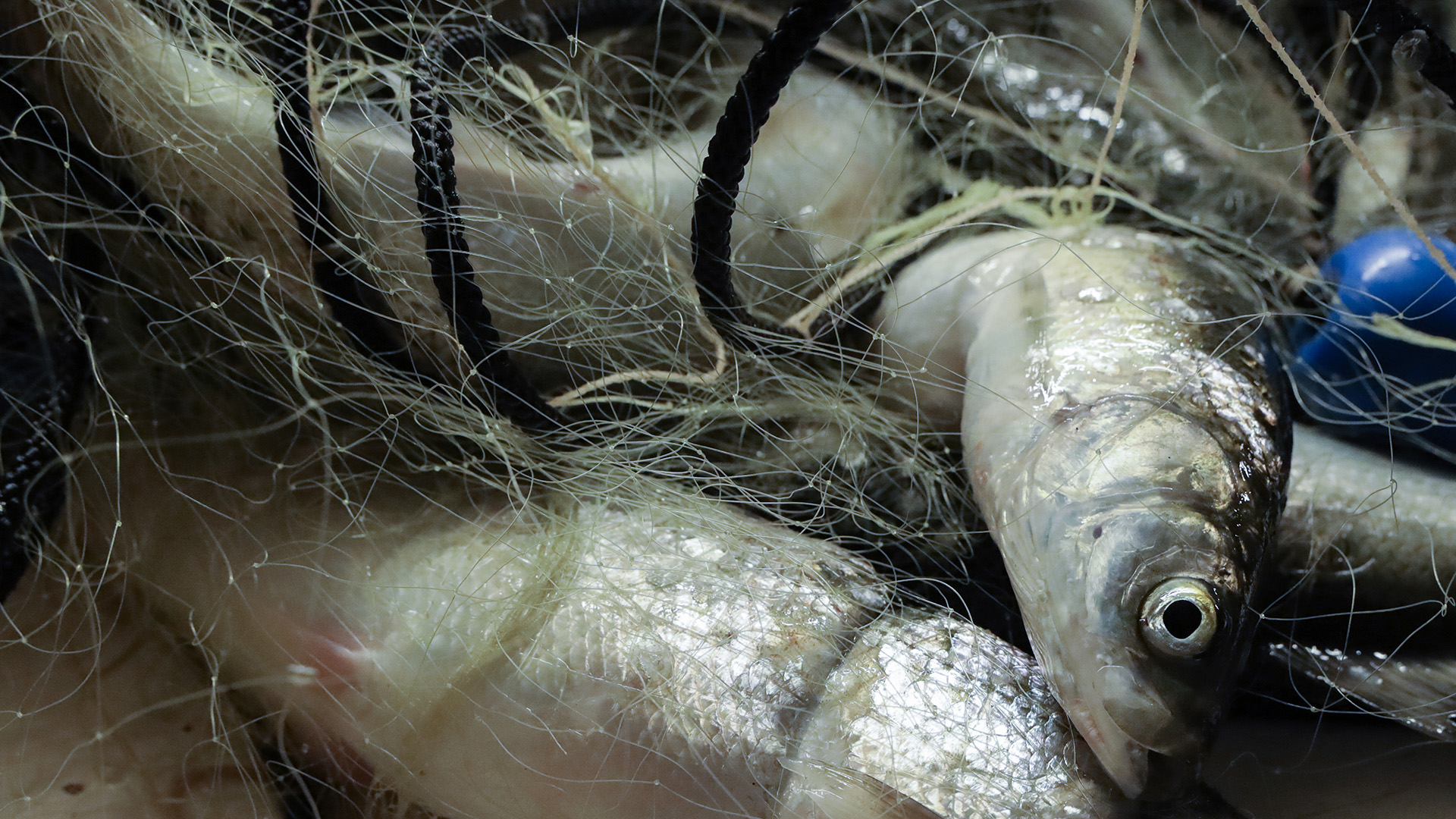Climate Change Is Cutting Into Safe Fishing Weather

This short article was at first printed by Hakai Journal.
George Thomas Freson was 4 decades previous the 1st time his grandfather place him into a laka, a wooden sailing canoe, and headed out into the Indian Ocean.
It was the late 1980s, and on the western shores of Madagascar, Freson’s grandfather was commencing to teach him the conventional fishing methods their household experienced practiced for generations.
Much of what Freson figured out was not actually about fishing at all, but about the weather. In the inky-dim early morning prior to dawn, his grandfather would demonstrate him how to read the stars and the clouds, how to evaluate the velocity and course of the wind, and how to gauge the top of the waves crashing in excess of the beach locations in their village, Ampasimandroro.
“This is how we would know if it is secure to fish,” says Freson, now 37 and a expert fisher himself.
But in excess of the course of his life span, he has watched the storms on this stretch of white-sand coast turn out to be more intense and mercurial. The disorders drive fishers to keep household. But “if we never go to the sea, we do not have money,” Freson states.
Freson’s knowledge of rougher seas is correct. According to new exploration, the Indian Ocean really is finding stormier. From 1979 to 2020, communities in this part of Madagascar shed far more than 20 several hours of fishing time each individual calendar year, on normal. A fisher now has 800 less hours to fish in a 12 months on typical than they would have experienced four decades ago.
The doctoral candidate Samantha Farquhar, at East Carolina University in North Carolina, and her colleagues interviewed fishers who function in Nosy Barren, the modest chain of islands where by Freson fishes. Utilizing the fishers’ descriptions of harmful wind speeds, wind instructions, and wave heights, the researchers examined modeled temperature details from 1979 to 2020 to estimate how frequently temperature disorders designed fishing difficult.
“If the climate is terrible, we have no preference,” says José Todisoa Foregna, a fisher dependent in the city of Maintirano, in the vicinity of Nosy Barren. “We just have to stay property and wait around for it to pass.”
Fisheries in Madagascar are amid the most vulnerable in the entire world to storms, but home windows of protected fishing weather are narrowing globally. Modest-scale fisheries hire far more than 110 million individuals globally. But as local weather improve dials up extreme coastal weather conditions, it is turning into a lot more hard and perilous for the fishers to get the job done.
“That could have massive implications for diet, for livelihoods, for food items stability all around the world,” Farquhar claims.
Shrinking fishing alternatives result in a huge variety of ripple effects. In Belize and the Dominican Republic, for occasion, study has documented that the place fishers facial area ever more extreme temperature, they are inclined to fish more intensively when it is quiet. Specified that storms can also batter fish habitats, this double whammy can rapidly get started to deplete fish populations. For fishers who do courageous rougher seas, storms can hurt boats and fishing equipment or make it much more tricky to deliver their catches to marketplaces in time, even more minimizing take-property spend. And acquiring fewer possibilities to fish can make fishers take into account getting higher actual physical threats to make finishes meet up with.
In Nosy Barren, fishers want greater weather stories towards which to cross-verify their individual know-how of the waves and wind—as properly as substitute resources of perform all through storms. For Madagascar’s fishers, local weather alter isn’t a distant risk it’s a actual and existing threat. “There’s a whole lot of higher-degree discussion going on all over adaptive methods for fisheries,” Farquhar states. “But the alter desires to occur now.”
In the long run, Freson suggests, he would fairly his possess relatives be much less dependent on the ocean. He nonetheless will take his three sons out on the water, just as his grandfather did with him. They discover to go through the stars and the clouds, just as he did. But he hopes that they will not have to have this understanding for their livelihood.
“I really don’t desire for my boys to turn out to be fishermen,” he suggests. “I wish for them to locate a great career in an business. This is just their backup.”
Francis Nirindrainy Avisoa contributed reporting.







